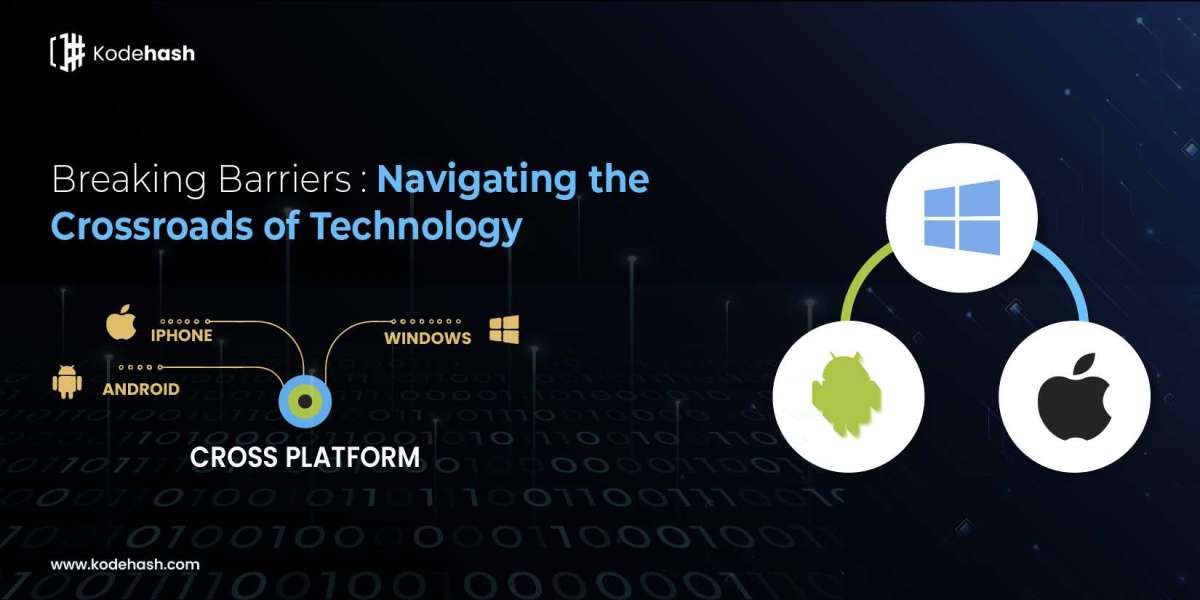The landscape of app development in the USA is continually evolving, driven by technological advancements, changing user preferences, and emerging market trends. As we peer into the future, the trajectory of app development promises exciting possibilities and transformative experiences. This article explores the future of app development in the USA, examining key trends, emerging technologies, and potential challenges and opportunities that lie ahead.
1. Evolution of User Interfaces:
The future of app development will witness a shift towards more immersive and intuitive user interfaces, leveraging emerging technologies such as augmented reality (AR), virtual reality (VR), and voice interfaces:
- Augmented Reality (AR): AR technology overlays digital content onto the physical world, creating immersive experiences that blend the virtual and real environments. In the future, AR apps will revolutionize industries such as retail, education, and healthcare, offering interactive product visualization, immersive learning experiences, and augmented navigation solutions.
- Virtual Reality (VR): VR technology transports users to immersive virtual environments, enabling realistic simulations, training scenarios, and entertainment experiences. VR apps will find applications in gaming, education, architecture, and beyond, offering unparalleled levels of immersion and engagement for users.
- Voice Interfaces: Voice-based interactions will become increasingly prevalent in app development, as natural language processing (NLP) and artificial intelligence (AI) technologies enable seamless voice commands and conversations. Voice-enabled apps will transform how users interact with technology, from virtual assistants and smart home devices to automotive infotainment systems and healthcare applications.
2. Hyper-Personalization and Contextual Experiences:
The future of app development will be characterized by hyper-personalization and contextual experiences, leveraging data analytics, machine learning, and AI algorithms to deliver tailored content, recommendations, and services:
- Predictive Personalization: AI algorithms will analyze user behavior, preferences, and context to anticipate user needs and deliver personalized recommendations and content in real-time. From personalized product recommendations to curated content feeds, predictive personalization will enhance user engagement and satisfaction.
- Context-Aware Experiences: Apps will leverage contextual information such as location, time, and activity to provide relevant and timely experiences to users. Context-aware apps will offer personalized notifications, reminders, and recommendations based on the user's context, enhancing utility and relevance.
3. Decentralized and Secure Applications:
The future of app development will see an emphasis on decentralization, security, and data privacy, as blockchain technology and decentralized applications (DApps) gain traction:
- Decentralized Applications (DApps): DApps leverage blockchain technology to enable peer-to-peer transactions, smart contracts, and decentralized governance, without relying on centralized intermediaries. In the future, DApps will disrupt industries such as finance, supply chain, and healthcare, offering transparent, secure, and censorship-resistant applications.
- Blockchain for Security and Trust: Blockchain technology will be integrated into app development to enhance security, transparency, and trust in digital transactions. Blockchain-based authentication, data encryption, and digital identity solutions will protect user data and mitigate cybersecurity risks, fostering trust and integrity in app ecosystems.
4. Edge Computing and IoT Integration:
The future of app development will see increased adoption of edge computing and integration with the Internet of Things (IoT), enabling real-time processing, low-latency interactions, and intelligent automation:
- Edge Computing: Edge computing brings computation and data storage closer to the edge of the network, reducing latency and bandwidth requirements for app interactions. In the future, edge computing will enable apps to deliver real-time responses, offline capabilities, and immersive experiences, enhancing performance and reliability.
- IoT Integration: Apps will integrate with IoT devices and sensors to gather real-time data, monitor physical environments, and control connected devices. IoT-enabled apps will find applications in smart homes, healthcare monitoring, industrial automation, and environmental monitoring, enabling smarter and more connected experiences for users.
5. Challenges and Opportunities:
As app development in the USA evolves, developers will face both challenges and opportunities:
- Talent Shortage: The demand for skilled app developers will continue to outpace the available talent pool, posing challenges for recruitment and talent acquisition. App developers will need to invest in training, upskilling, and workforce development initiatives to address the talent shortage and meet the growing demand for skilled professionals.
- Regulatory Compliance: App developers will need to navigate complex regulatory landscapes, including data privacy regulations, cybersecurity standards, and industry-specific regulations. Compliance with regulations such as GDPR, CCPA, and HIPAA will be essential to protect user privacy and ensure legal compliance.
- Market Competition: The app market will remain highly competitive, with millions of apps vying for users' attention and engagement. App developers will need to differentiate their apps through innovative features, compelling user experiences, and effective marketing strategies to stand out in a crowded marketplace.
Conclusion:
In conclusion, the future of app development in the USA holds tremendous promise, driven by emerging technologies, changing user expectations, and evolving market dynamics. From immersive interfaces and hyper-personalization to decentralized applications and IoT integration, app developers are poised to create transformative experiences that shape the digital landscape for years to come. By embracing emerging trends, addressing challenges, and seizing opportunities, app developers in the USA can navigate the evolving landscape of app development and drive innovation and growth in the digital economy.








